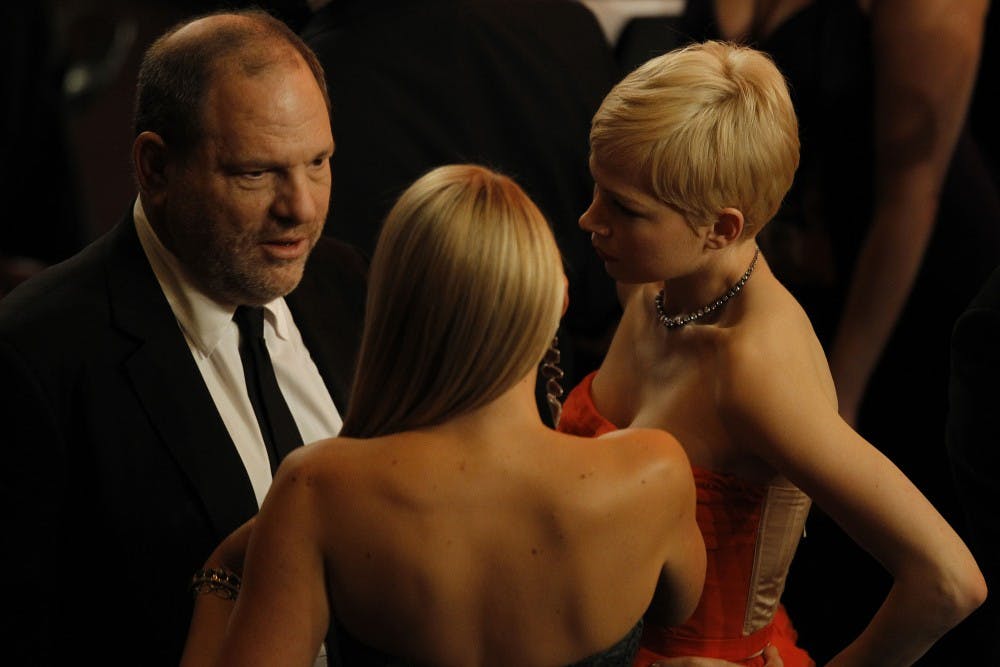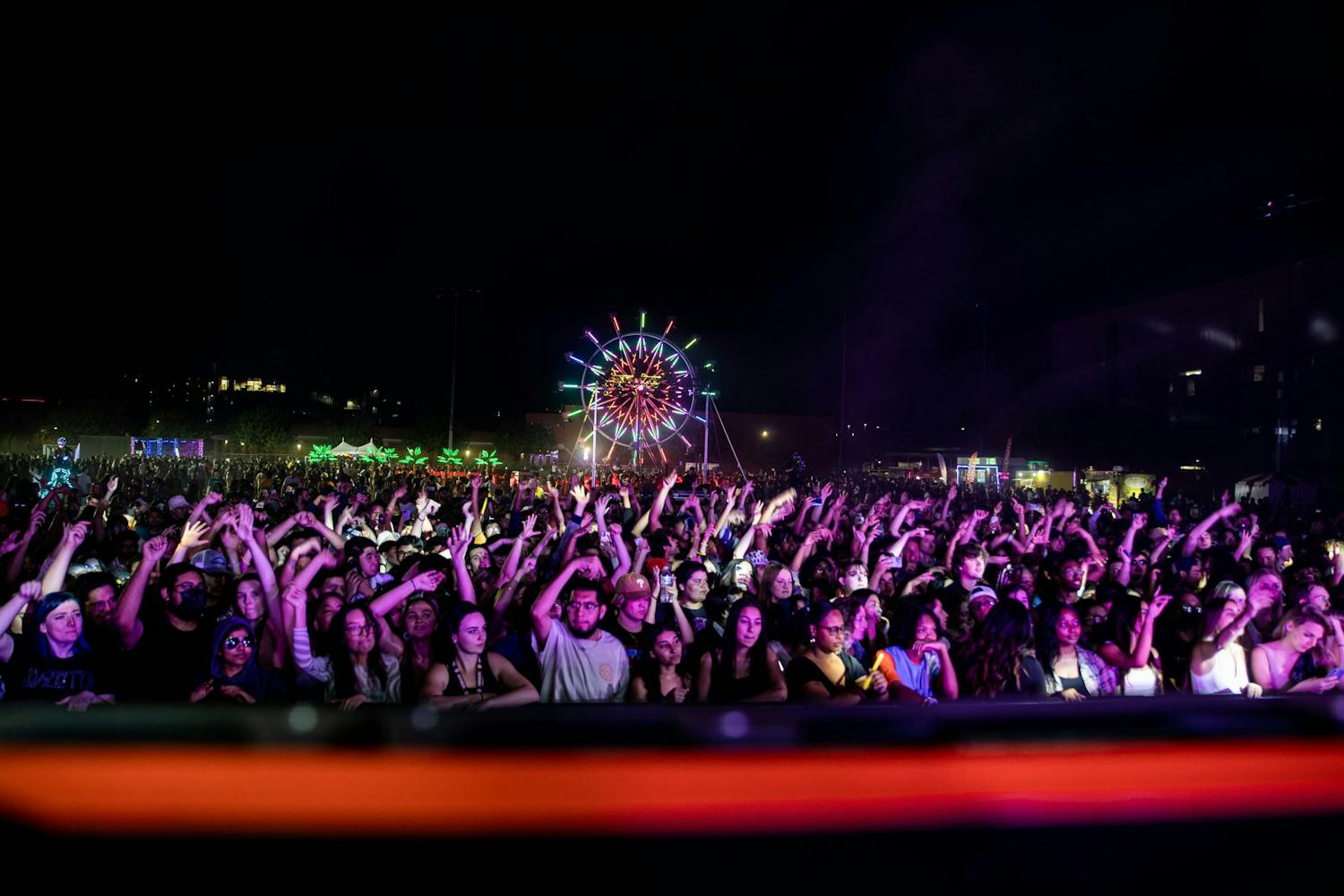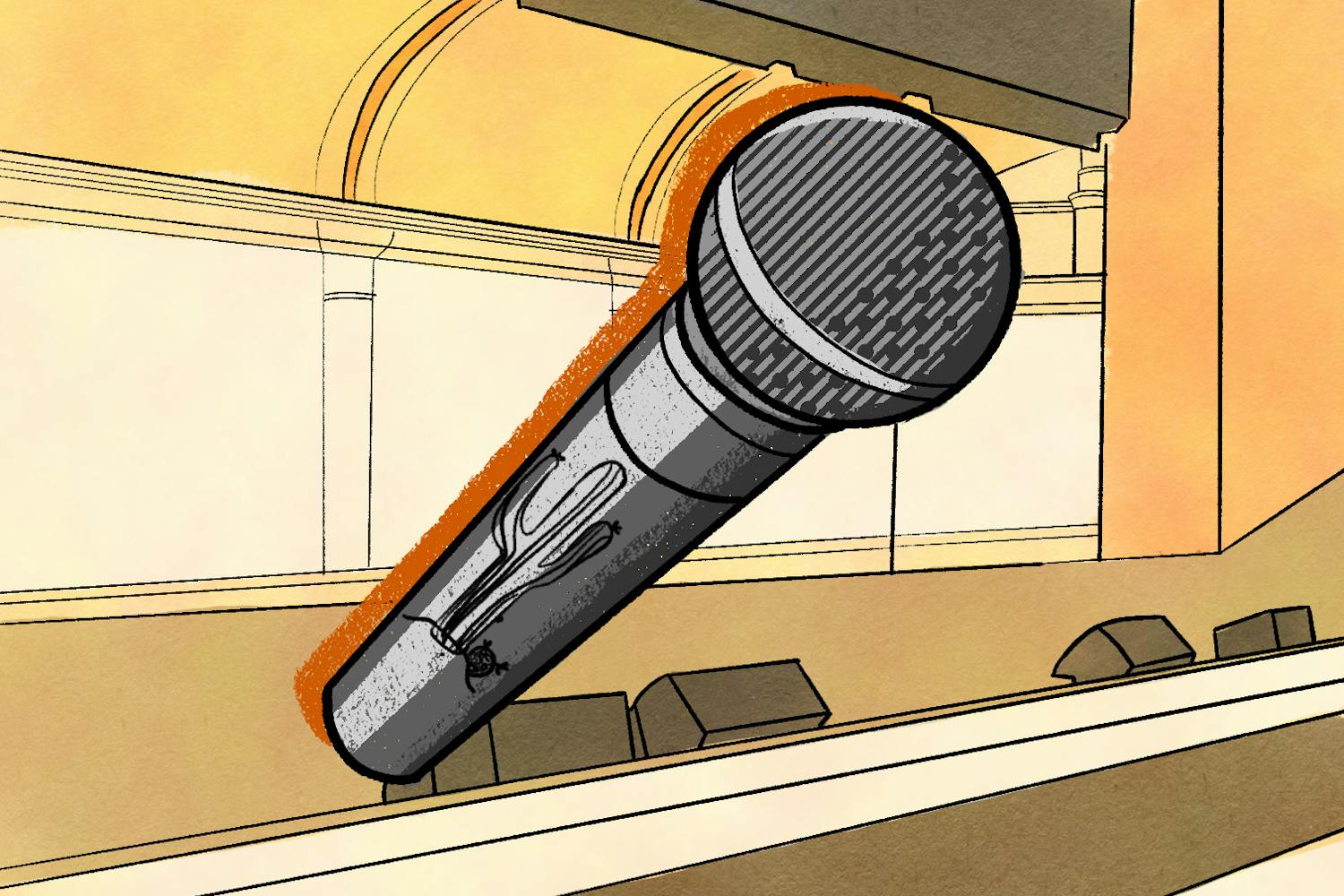Amid events like the Harvey Weinstein scandal, consumers are left wondering if they can justly continue supporting media made by artists whose actions they do not support. In an era of social consciousness, the proper way to tiptoe this line becomes lost in the fog.
ASU employs a diverse faculty with expertise and accolades in just about every field, and The State Press asked them to weigh in on the extent to which one can separate art from the artist.
Associate professor Gregory Bernstein, whose background is in both film and law, said that when he writes a script, it is intimately tied to him as a person.
“I happen to be a lawyer and (I always write about) issues that I care about,” he said. “The writing that I’ve done comes from personal interest and personal experience: a personal value system. That’s what makes writing somewhat scary because you are always revealing yourself to the audience.”
Bernstein said that as an audience member, consumption is less personal than creation, so people can still enjoy art made by people whose actions bother them, but that the level of personal accountability they feel is dependent on their belief system.
“Art is art, it speaks to you, and if the notoriety of the artist is sufficiently horrid, then it makes it impossible to separate their work from their actions,” he said. “I think it’s everyone's responsibility to act ethically, and there are just as many rotten apples among artists as in any group.”
Cultural critics have most recently pondered this question in the context of film, but this issue seeps into every dimension of art.
“For the performing arts, where the connection between the person and the product is closer, it’s harder to separate, but in art forms where the distance between the product and the maker is further, maybe it’s possible,” said Roger Mantie, an associate professor in ASU’s School of Music. “A classic example is if you know a piece of music, and you’ve always loved it. Then you find out something really bad about the person who made the music, and that changes your conception of it.”
Mantie said that some of consumers' power lies in economic support.
“In terms of consumption, when I have choices I’ve increasingly, not to be too self-righteous about it, but I definitely think a lot more about any form of economic endorsement,” he said. “An important distinction to make is one between the living and the dead. (Richard Wagner) is long gone, so if I buy a ticket to a Wagner show or download a piece of his music, I don’t feel like I am contributing to his economic well-being.”
But avoiding all art made by those with questionable histories can lead to an artless life, said David Barker, a theater professor. He contended that a degree of separation between art and artist is a necessity.
“If I let my detest for the behavior of artists (stop me from enjoying art) I wouldn’t go to the movies, I wouldn’t read plays, I wouldn’t go to art museums, I wouldn’t go to concerts,” he said. “I can not let the personal behavior of an artist keep me from enjoying their art. Absolutely it’s separated, because you’ve had degenerates throughout history who have created amazing art.”
But Barker said he also believed that on the other side of this issue, especially in cases like Weinstein’s, before it is an art problem, it is a human one. All people, in any field or walk of life, have a responsibility to be ethical, he said.
“All people (should act ethically) regardless if you’re an artist, an educator, a doctor, or clergy," he said. “No matter what you do -- if you're in corporate America or fix computers for a living -- you have an obligation to be ethical and respect other people regardless of their background and makeup, and that isn’t separate from anyone’s work.”
Reach the reporter at aalmouai@asu.edu or follow @zamurai_96 on Twitter.
Like The State Press on Facebook and follow @statepress on Twitter.




